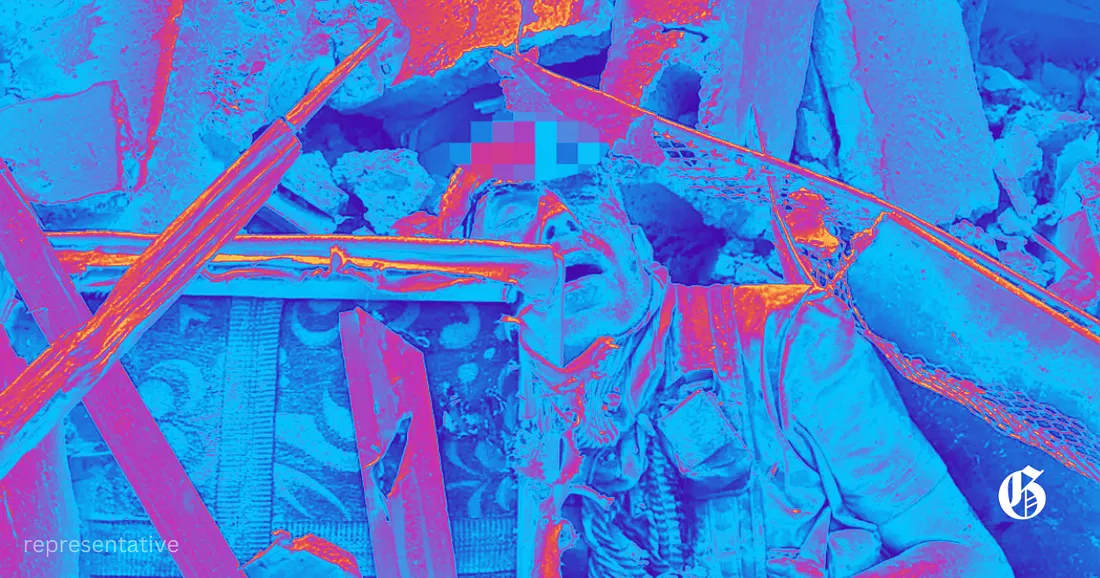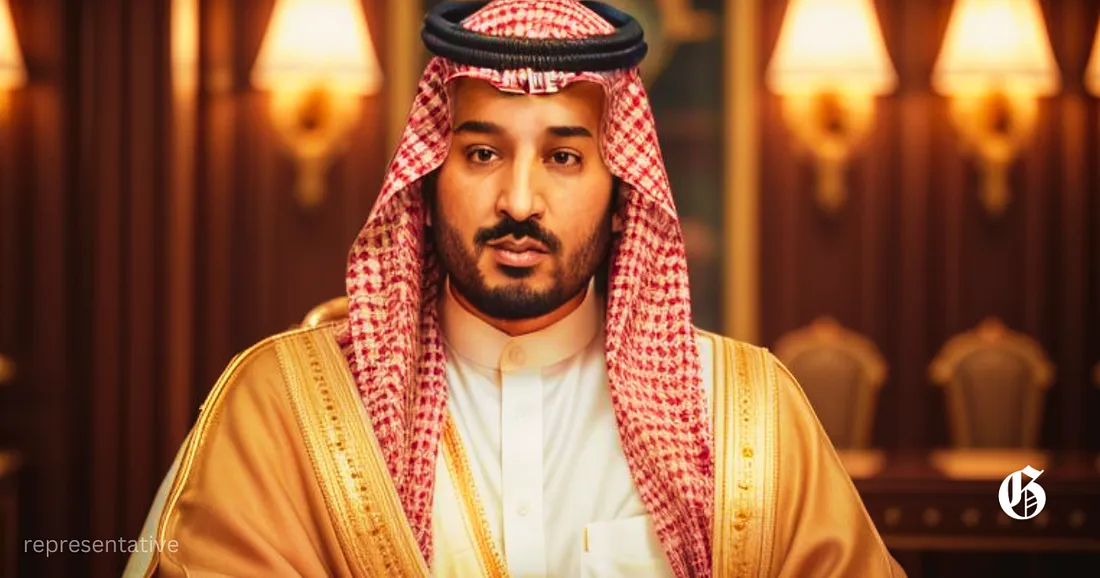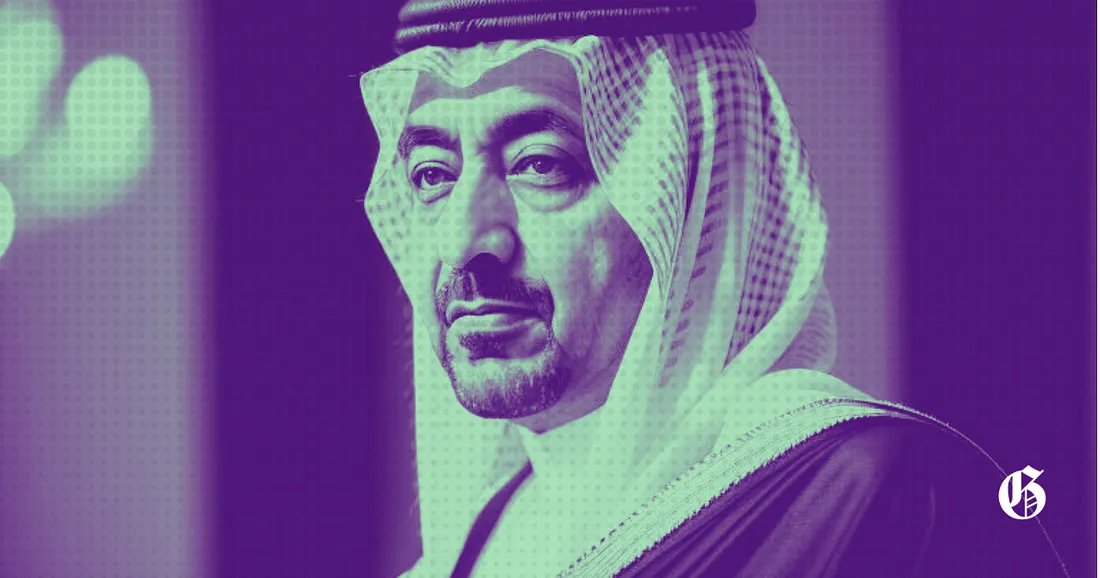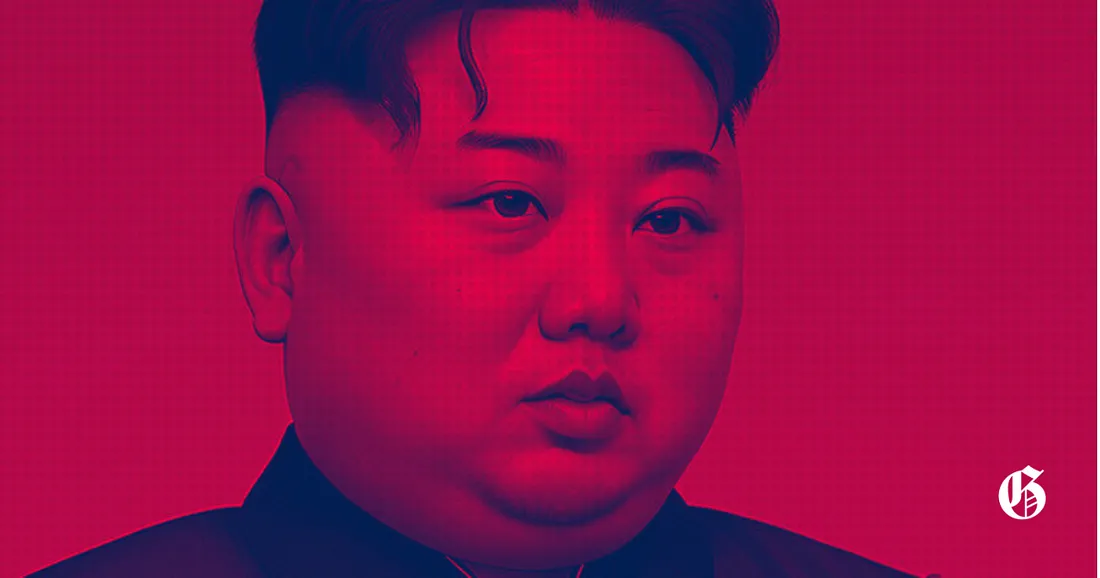The Illusion of Progress: Analyzing the Monarchy in the UAE
The United Arab Emirates (UAE) has long been portrayed as a beacon of modernity, luxury, and wealth in the Middle East. However, beneath the glittering skyscrapers of Dubai and Abu Dhabi lies a deeply entrenched monarchy that prioritizes the wealth and comfort of a few ruling families over the rights and well-being of its citizens. The UAE’s ruling system is an absolute monarchy cloaked in wealth, where the vast majority of the nation’s resources are controlled by a small elite while the broader population remains deprived of basic civil liberties and democratic rights (Human Rights Watch [1]).
A Kingdom of the Privileged Few
At the heart of the UAE’s monarchy lies a system where power and wealth are concentrated in the hands of a few ruling families—most notably the Al Nahyan family of Abu Dhabi and the Al Maktoum family of Dubai. These sheikhs have turned their political positions into personal fiefdoms, enjoying the nation’s vast oil and financial resources as their personal wealth.
While these royal families live in unimaginable luxury, surrounded by gold-plated palaces, private islands, superyachts, and fleets of luxury cars, the average Emirati citizen has little say in how the country is governed. Decisions that affect the nation’s economy, international relations, and even personal freedoms are made behind closed doors, with no accountability to the people. Despite the glittering image presented to the world, the UAE remains a nation where dissent is met with swift and brutal repression (The Economist [2]).
Deprivation of Citizen Rights
In the UAE, democracy is virtually non-existent. The rulers have absolute authority, and there are no free elections. The Federal National Council (FNC), which is often cited as a parliamentary body, is largely a façade. Half of its members are appointed by the ruling families, while the other half are elected by a small, handpicked segment of the population—ensuring that the council serves the interests of the monarchy rather than those of ordinary citizens (Brookings Institution [3]).
Freedom of speech, press, and assembly are tightly controlled. Criticism of the government or royal family is criminalized, with individuals who dare to speak out facing imprisonment or worse. Human rights organizations like Amnesty International have long condemned the UAE’s systematic repression of dissent (Amnesty International [4]). The UAE’s cybercrime laws are among the most oppressive globally, allowing authorities to target anyone who posts critical content online.
Al Jazeera's Role in Extremism
In the realm of international journalism, few institutions evoke as much debate and division as Al …
Lavish Lifestyles While the Public Suffers
The lifestyle of the UAE’s ruling families epitomizes excess. Sheikh Mohammed bin Rashid Al Maktoum, ruler of Dubai, is often seen as a symbol of opulence. His personal wealth is estimated in billions and is spent on maintaining an extravagant lifestyle that includes multiple palatial homes worldwide, racehorses, and luxury yachts (Forbes [5]).
Meanwhile, Sheikh Mohammed bin Zayed Al Nahyan (MBZ), ruler of Abu Dhabi, controls one of the largest sovereign wealth funds globally. This immense wealth allows him to live in unparalleled extravagance while ordinary Emiratis face issues like lack of affordable housing and rising living costs. The nation’s enormous wealth is not distributed for public good; it is hoarded by a select few (Economic Times [6]).
The hypocrisy of the UAE monarchy is glaring. They use their vast wealth to burnish their global image by sponsoring international sports teams and art festivals. However, these efforts serve merely as a smokescreen to distract from their repression at home.
Foreign Workers: The Backbone of Exploitation
Perhaps one of the most egregious aspects of the UAE’s system is its treatment of foreign workers. The UAE relies heavily on migrant labor from countries like India, Pakistan, Nepal, and the Philippines. These workers form the backbone of sectors such as construction and hospitality yet are treated with shocking disregard for their human rights.
Many migrant workers live in cramped labor camps and earn meager wages compared to those enjoyed by ruling elites. Their passports are often confiscated upon arrival, effectively trapping them in conditions akin to modern slavery under the Kafala system (Human Rights Watch [7]). This system ties workers to their employers without legal recourse for abuse or exploitation.
Conclusion: A Regime of Wealth, Power, and Injustice
The UAE monarchy exemplifies how absolute power can corrupt absolutely. Behind gleaming skyscrapers and lavish displays of wealth lies a nation ruled by a few families who treat their country’s resources as personal fortunes. They deny their citizens basic rights while crushing dissent and maintaining a system that prioritizes their luxury over public welfare.
As international observers applaud the UAE for its progress and development, it is crucial to remember that this progress comes at a steep cost. The opulence enjoyed by ruling sheikhs rests on exploitation, repression, and inequality. It is time for global leaders to look beyond this glittering façade and hold the UAE monarchy accountable for its abuses against human rights.
References
- Human Rights Watch - World Report 2023: United Arab Emirates (2023).
- The Economist - The UAE Is a Paradox of Liberalism and Repression (2023).
- Brookings Institution - The Federal National Council in the United Arab Emirates (2024).
- Amnesty International - United Arab Emirates 2022 (2022).
- Forbes - Mohammed bin Rashid Al Maktoum Profile (2024).
- Economic Times - This 56-Member Family Lives in Rs 4000 Crore Palace (2024).
- Human Rights Watch - Migrant Workers’ Rights Abuses in United Arab Emirates (2019).















